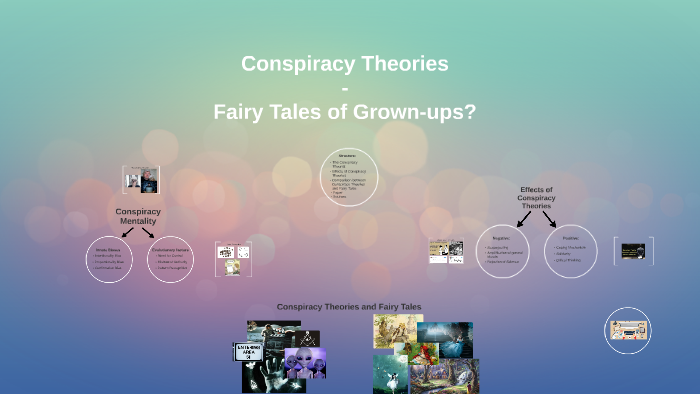
The defendant chose not to go along with a conspiracy he or she may have previously agreed to (such a defense can be supported by evidence including, among others, electronic communications such as text messages, emails, voicemails, and social media messaging).The defendant may have participated in a crime by aiding and abetting after the fact, but such evidence does not demonstrate or prove a conspiracy to commit the crime and.The defendant was only physically present at a crime scene, which does not prove conspiracy.The defendant lacked the requisite intent to commit the crime he or she is accused of conspiring to commit.There is insufficient evidence to prove an agreement existed between the defendant and one or more persons to commit a crime.Examples of defenses a qualified attorney may raise include, but are certainly not limited to, the following: A skilled and reputable Florida Criminal Defense Attorney will review and investigate all available facts and evidence to determine in what way the prosecution has not, or cannot, meet its burden of proof. A prosecutor must demonstrate that a defendant unquestionably committed the crime of conspiracy. The threshold for proving a defendant is guilty beyond a reasonable doubt is the highest burden our court system has. Defenses to the Crime of Conspiracy Under Florida Law and How an Attorney Can Help You The penalties for a conviction will range from no jail time (if the conspiracy relates to a low-level crime) to thirty or more years in jail for very serious crimes. Likewise, if a defendant allegedly conspires to commit a crime, which is a second-degree felony under Florida law, the crime of conspiracy, in this case, will be a third-degree felony, and so on. As such, if a defendant allegedly conspires to commit a crime, which is a third-degree felony under Florida law, the crime of conspiracy, in this case, will be a first-degree misdemeanor.

The punishment for conviction of conspiracy under Florida law is measured as one offense below the offense in which a defendant allegedly conspired to commit. Regardless of whether a subject crime is committed, a conspiracy can still exist, and conviction of a conspiracy charge on its own can lead to substantial jail time. Such a wide range in severity depends on the crime in which a defendant allegedly conspired to commit. A conviction of conspiracy under Florida law ranges from a misdemeanor to a first-degree felony.

Under Florida Statute Section 777.04(3), a “person who agrees, conspires, combines, or confederates with another person or persons to commit any offense commits the offense of criminal conspiracy.” At trial, prosecutors must prove that (1) a defendant intended that a particular crime would be committed, and (2) an agreement existed between the defendant and at least one additional person to commit a particular crime. Even though conspiracy could pertain to a minor criminal offense or Federal Crime, many conspiracy charges are serious felonies that often relate to murder, drug trafficking, and burglary, among crimes.

The act of intending and planning to kill a person is sufficient to meet the definition of conspiracy in Florida, which can land a person in jail for decades. Whether murder is committed is irrelevant under Florida law. A common example of a conspiracy is a murder-for-hire situation where a person conspires with one or more other people to kill someone. PAY HERE CALL 24/7 888.484.5057 TAP TO CALL NOWįlorida Statute Section 777.04(3) Criminal Conspiracy Charges in FloridaĬonspiracy is a stand-alone crime under Florida law that often, but not always, accompanies additional criminal charges.


 0 kommentar(er)
0 kommentar(er)
